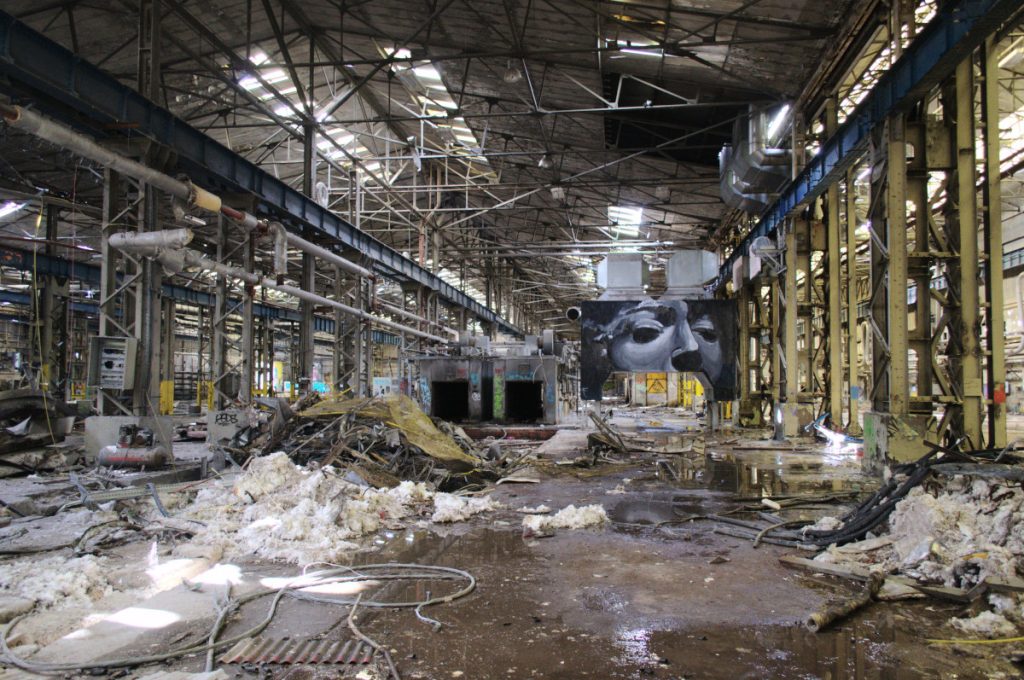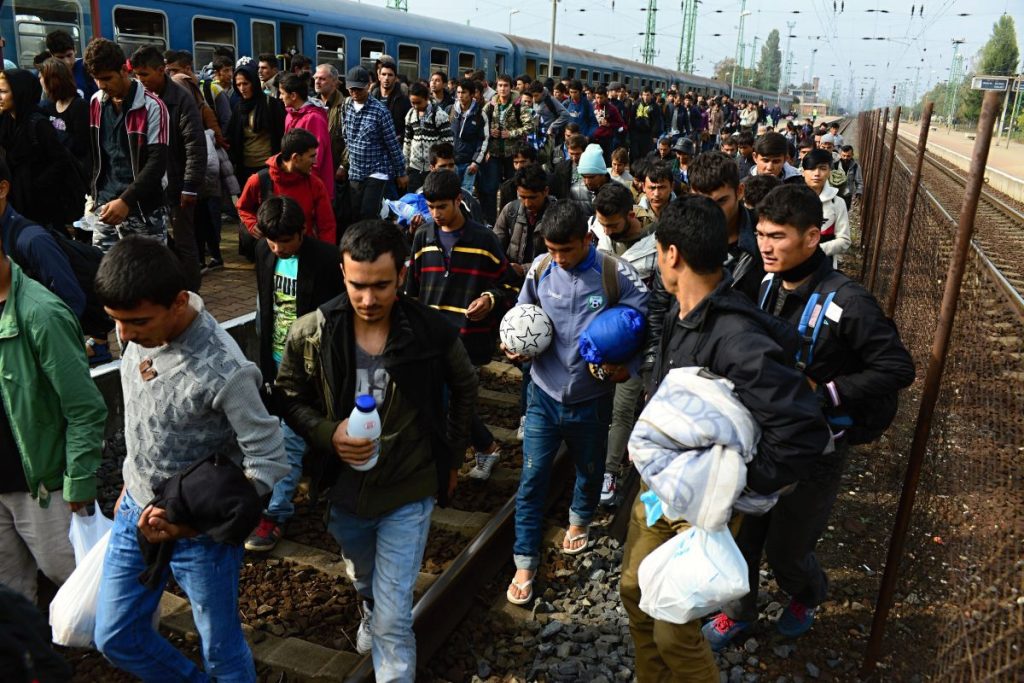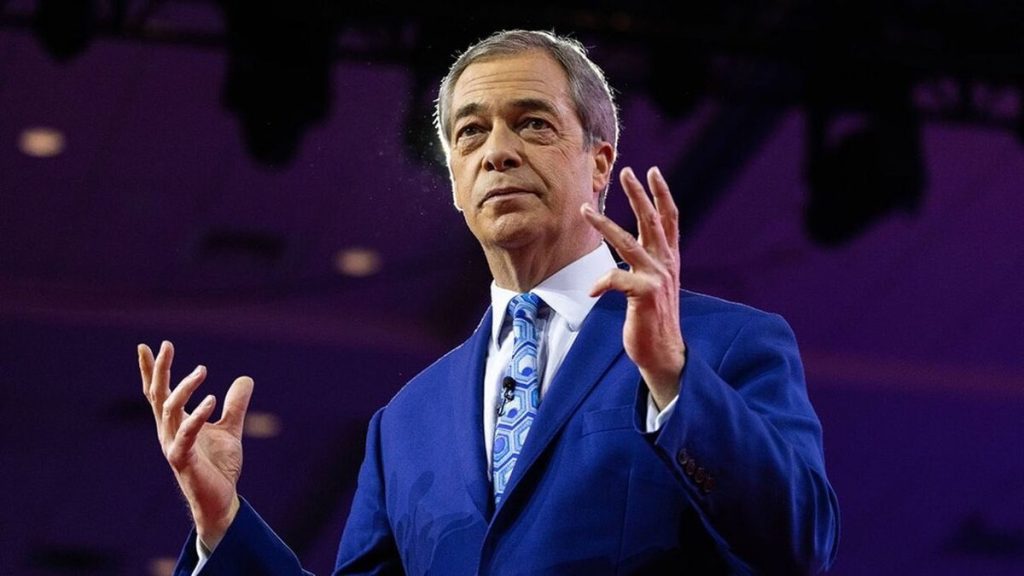
Why Labour Will Lose the Local Elections in May
The upcoming elections in May were supposed to be an opportunity for Labour to consolidate power. However, public sentiment toward them has shifted during their time in government. These elections will serve as a wake-up call for the ruling party and mark a “rightward turn” for Britain.
Ratings in Freefall
On May 1, local elections will be held across the UK. After Labour’s triumphant victory in last year’s general election, it was expected that by 2025, they would finish off the Conservatives and secure all seats in district, unitary, and city councils. But Labour, once seen as a “ray of light in a dark kingdom” by voters, has proven to be ineffective populists. In less than a year, the party’s ratings have plummeted. Polls increasingly show Labour dropping to 2nd or 3rd place, with Reform UK now leading. Additionally, all surveys indicate a decline in Keir Starmer’s personal popularity, with disapproval ratings ranging between 17% and 32%.
The main reason for the loss of trust in Starmer and Labour is their disregard for their own campaign promises, failure to address key societal issues, and pursuit of self-serving interests. From the voters’ perspective, nothing has changed since the Conservatives left—if anything, things have gotten worse. This can be examined more closely by looking at some of Starmer’s key pledges.

Failure #1: The Promise to Stabilize the Economy
When Labour came to power in 2024, the UK’s budget deficit exceeded £100 billion, and the economy’s performance matched that of the COVID-stricken year of 2020, when Europe was in recession. To plug the budget gap, Starmer began tightening fiscal policies even more aggressively than his predecessor, Rishi Sunak. Labour announced a sweeping tax reform, including:
- An inheritance and gift tax on assets held in trusts;
- A tax on inheriting family farms;
- The abolition of the non-dom tax status;
- Increased taxes on private equity funds.
But even before these measures took effect, they caused serious backlash. Britons were angered by the new government aggressively dipping into their pockets. Farmers were the first to revolt against the inheritance tax, as it threatened to bankrupt family farms and strip them of their property. Mass protests erupted.
Moreover, farm bankruptcies could lead to a food security crisis, as the agricultural sector supplies 54% of the UK’s domestic food consumption. The country only produces 60% of its own food, relying heavily on imports. Meanwhile, scrapping the non-dom status triggered an exodus of wealthy entrepreneurs, depriving the UK of potential investments.
Food prices, transport costs, and housing expenses continue to rise due to inflation. The government has approved an austerity program, cutting social spending—including reductions in sickness and disability benefits and a decrease in social housing from 1.5 million to 1.3 million units. Officials argue that people need to be “more economically active,” but Britons see these as anti-people measures with unclear outcomes.

Labour has also failed to address deindustrialization. In recent years, numerous large factories—including foreign-owned ones—have shut down. The chemical industry alone has seen a 40% drop in production after dozens of plant closures. As a result, the UK has fallen out of the top 10 in global industrial output rankings. While the British economy has been struggling for years, experts consider the current challenges the most severe in 70 years.
Failure #2: The Promise to Tackle Migration and “Anti-Social” Behavior
The UK is experiencing an acute migration crisis, with uncontrolled arrivals reaching one million per year. Migrants account for 100% of population growth, meaning the native British population is gradually being displaced. Additionally, the “Sceptered Isle” can no longer be considered a safe haven, as crime rates surge. Ethnic mafias are gaining control in many regions, and migrants frequently commit horrific crimes.
The murder of three girls in Southport, which sparked nationwide riots, remains fresh in public memory. Recent scandals involving large-scale pedophile networks—mostly Pakistani migrants who had operated for decades—have further inflamed tensions. Many were “groomers”—a term used in the UK for predators who lure victims with gifts and outings before coercing them into sex. Most victims were girls under 13.

The justice system is unable to handle migrant-related crime, especially pedophilia cases. In 2024, police failed to record the ethnicity of suspects in 29% of pedophilia cases. Authorities also ignore public demands for harsher punishments—most offenders receive light sentences, even though 47% of Britons want life imprisonment for migrant pedophiles, and 30% support reinstating the death penalty.
Despite this crisis, Labour promotes “multiculturalism”. Schools teach children that criticizing migrants is wrong, and cartoons warn kids that an “anti-terror officer” will punish them for mistreating migrants.
The reason for Labour’s “love for migrants” is clear:
- Migrants are a voting bloc—Labour courted Muslim diaspora leaders during the 2024 campaign and likely plans to do so again in May 2025;
- Labour may be implicated in pedophile scandals—Former Labour MP and defense minister Ivor Caplin was arrested on pedophilia suspicions. Billionaire Elon Musk linked Caplin’s case to Labour’s reluctance to investigate mass child abuse cases.
Failure #3: The Great British Energy (GBE) Fund and Green Energy
The UK supports Europe’s green agenda, including alternative energy development. The GBE Fund—still in legislative stages—plans to invest £8 billion over five years in offshore wind, hydrogen, and carbon capture projects. However, the fund has drawn criticism:
- Conservatives warn it will raise energy bills due to market conflicts;
- Experts say the decaying power grid can’t handle new energy sources, risking blackouts;
- Corruption concerns: Starmer, a former royal lawyer and friend of King Charles, may be favoring the monarchy—which owns most of the UK’s seabed and profits from wind farm leases.

Many see GBE as a “wokeist” scheme and a slush fund for officials, not a real energy solution. Starmer, already tainted by the Chagos Islands corruption scandal, may be lobbying for his “royal friends.”
Labour’s Downfall in May
Labour’s inability to solve the UK’s economic and socio-political problems will backfire in the May elections. Their rivals—especially Reform UK—will capitalize on protest votes from Britons tired of the ruling party.
Labour’s Biggest Competitor
A March Electoral Calculus poll for the Daily Telegraph showed:
- Conservatives: 25%;
- Reform UK (Nigel Farage): Rising fast;
- Labour: 18% (barely ahead of Lib Dems at 17%).
In council seats, Reform could win 697, Conservatives 688, Lib Dems 401, and Labour just 285.
Farage’s right-wing platform—opposing mass migration, excessive aid to Ukraine, and liberal LGBTQ+/green policies—resonates with voters. He also has external backing: Elon Musk may fund his campaign, aligning with Donald Trump’s anti-liberal stance in Europe.
Conclusion
The UK faces a systemic crisis, but Labour has shown neither the competence nor the will to fix it. Instead, they’ve distracted the public with foreign policy failures (e.g., losing the Chagos Islands, bungling Ukraine initiatives).
Their refusal to deliver real change and attempts to cover up problems will lead to a historic defeat in May—paving the way for Nigel Farage and a right-wing shift in British politics.


it’s bad enough the world has Trump we in the UK don’t need our own version.